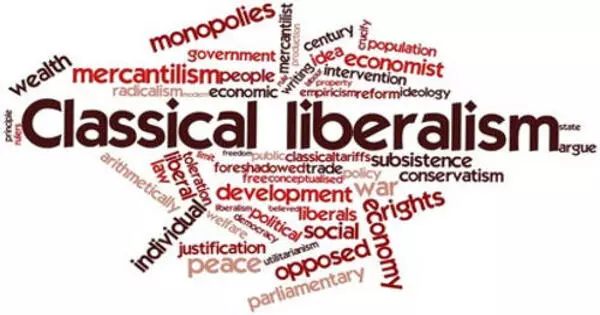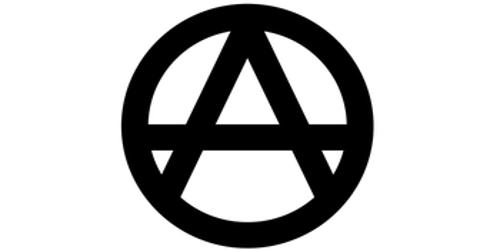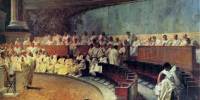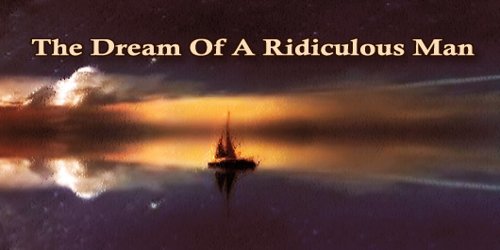Liberalism is a political and moral philosophy founded on individual rights, liberty, consent of the governed, and equality before the law. Classical liberalism is a political ideology and a branch of liberalism that advocates free markets and laissez-faire economics, as well as civil liberties under the rule of law, with an emphasis on limited government, economic freedom, political freedom, and freedom of speech. It is a political and economic ideology that advocates for the protection of civil liberties and laissez-faire economic freedom by limiting the central government’s power. As a response to urbanization and the Industrial Revolution in Europe and North America, it was developed in the early nineteenth century, building on ideas from the previous century.
During the Age of Enlightenment, liberalism emerged as a distinct movement, gaining popularity among Western philosophers and economists. John Locke, Jean-Baptiste Say, Thomas Malthus, and David Ricardo are examples of notable liberal thinkers whose ideas influenced classical liberalism. It was based on classical economics, particularly Adam Smith’s ideas in Book One of The Wealth of Nations, as well as a belief in natural law, progress, and utilitarianism. In modern times, the most prominent proponents of classical liberalism are Friedrich Hayek, Milton Friedman, Ludwig von Mises, Thomas Sowell, George Stigler, and Larry Arnhart.
Classical liberalism, in contrast to other liberal branches such as social liberalism, views social policies, taxation, and the state’s involvement in individuals’ lives negatively and advocates deregulation. It was known as economic liberalism prior to the Great Depression and the rise of social liberalism. Classical liberalism was coined as a term to distinguish earlier 19th-century liberalism from social liberalism. By modern standards, simple liberalism in the United States often refers to social liberalism, whereas in Europe and Australia, simple liberalism frequently refers to classical liberalism.
Classical liberalism arose in response to the sweeping social changes brought about by the Industrial Revolution in the 18th and early 19th centuries. It is now seen in opposition to the more politically progressive philosophy of social liberalism. Classical liberals advocate a level of economic freedom that allows individuals to invent and produce new products and processes, create and maintain wealth, and trade freely with others on an equal footing with social and political freedom.
Classical liberalism embraces a society in which the course of events is determined by individual decisions rather than the actions of an autonomous, aristocratically-controlled government structure. For example, classical liberalism contends that long-term trends in market-based economies are the result of the “invisible hand” of spontaneous order, owing to the volume and complexity of information required to accurately predict and respond to market fluctuations.
















